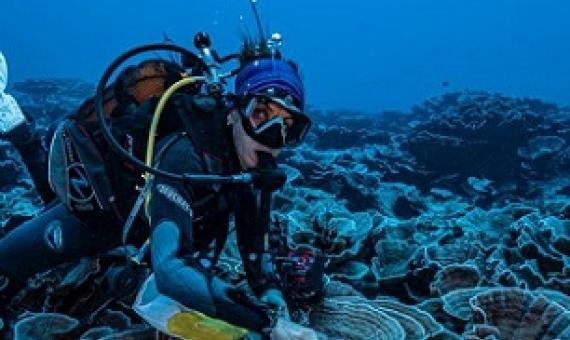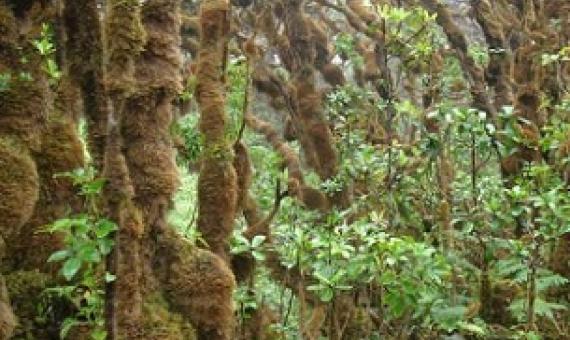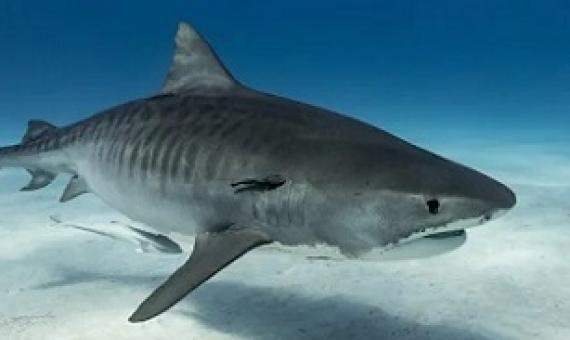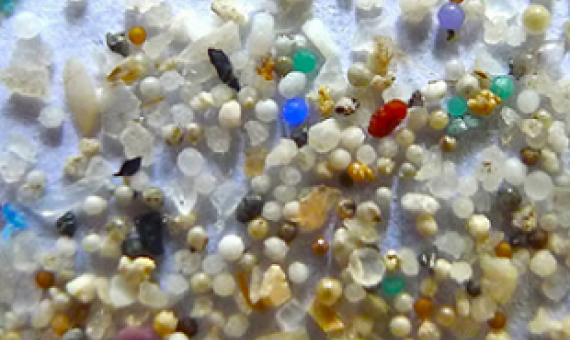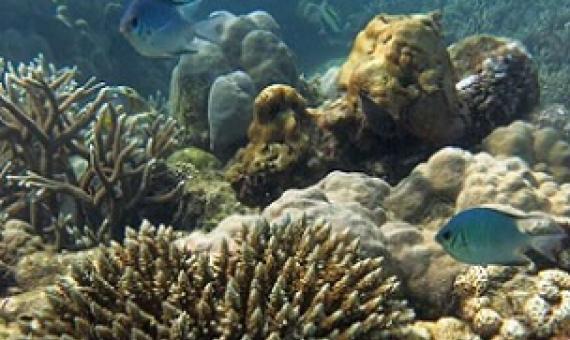Marine explorers have discovered a "pristine" 3km (2-mile) coral reef at depths of 30m (100ft) off the coast of Tahiti, French Polynesia. It is one of the largest discovered at that depth, says the United Nations Educational, Scientific and Cultural Organization, which led the mission.
The history of life on Earth has been marked five times by events of mass biodiversity extinction caused by extreme natural phenomena. Today, many experts warn that a Sixth Mass Extinction crisis is underway, this time entirely caused by human activities.
Warming oceans due to the climate crisis are having a significant impact on the migratory patterns of tiger sharks, allowing the apex predator to expand its range, but also exposing them to new risks, a new study has warned.
A collection of 17 papers in Pacific Conservation Biology aims to transform the field of conservation biology.
Predator species may buffer the negative impacts of climate change by mitigating against the loss of biodiversity, according to new research led by scientists in Trinity College Dublin and Hokkaido University.
Microplastics (MPs) refer to plastic particles <5 mm in size. Environmental risks caused by MPs are increasing. As fundamental resources of the global food security system, soils are also affected by MP pollution.
Global policy commitments on conservation such as the recent COP 26 declaration on Forest and Land Use are a step in the right direction but policy-makers must be inclusive of indigenous peoples and ensure that any initiatives learn from the long and problematic history of forest conservation, ar
Predicting the optimal amount of time to spend learning before designating protected habitat for threatened species
Deciding when to protect threatened species habitat when complete knowledge about the habitat extent is uncertain is a common problem in conservation. More accurate habitat mapping improves conservation outcomes once that habitat is protected. However, delaying protection to improve accuracy can lead to species decline or, at worst, local extinction when threats to that habitat continue unabated before protection is implemented. Hence, there is a trade-off between gaining knowledge and taking conservation action.
Deciding when to stop learning and take action is a common, but difficult decision in conservation.
Researchers studying coral reefs damaged by rising sea temperatures have discovered an unexpected 'bright spot' of hope for communities who depend upon them for food security.

